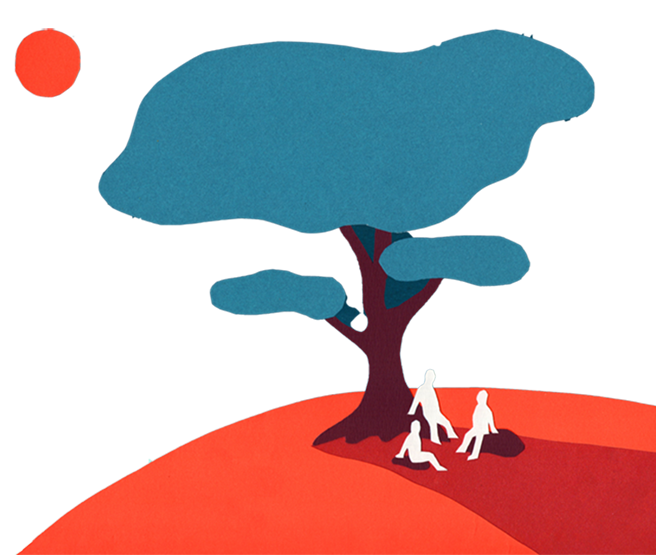There is something disquieting about the very idea of ‘expertise’, something that should concern all of us. When you are an expert you have good and often decisive reasons for certain actions, but the more such reasons are grounded in your expertise the less you may be capable of explaining them fully to laypeople. That is part of what it means to have expertise. Of course, the expert can explain his reasons to another expert in the same field. But the layperson will be at a loss. He may trust either, or neither, expert, but he will not be able to let his decision be really informed by the reasons of the expert. Of course, the layperson might have his own reasons for trusting this or that expert, but those reasons are in principle not accessibly informed by the expert’s expertise. That is essential to the predicament of the expert-layperson relationship. This asymmetry in access to relevant reasons is an undeniable fact of life, which requires human beings to accept their mutual dependence, their basic need for trust and the accompanying inescapable vulnerability. That is just what it is. Think of your car mechanic who listens to that alarming noise in your engine and tells you that you’d better buy another car.
An important further question is how the expert uses his expertise in getting along with laypeople. Does he use his expertise as a wall, an obstacle for laypeople, to fend them off? Or does he support an open, fair and independent institution that offers every layperson an in principle accessible educational trajectory, emphasising that he is happy to share his expertise and considers the asymmetry primarily a matter of time and opportunity. That is basically the promise of the Enlightenment, out of which emerged both our modern idea of education and of science.
I argue in the book that we need a lot of common sense to cope together – expert and lay person alike – with this asymmetric predicament. Crucially this means that we make a lot of effort to show and affirm that every bit of human expertise grows out of common sense. That is our only option to prevent the abuse of expertise. It is also our only option to defend ourselves against the opportunity for those in power to disguise their lack of reasons as a matter of expertise. There are no guarantees here. Life is an adventure. But if we build on common sense, our common sense, we’re most likely to avoid injustice and cruelty.
